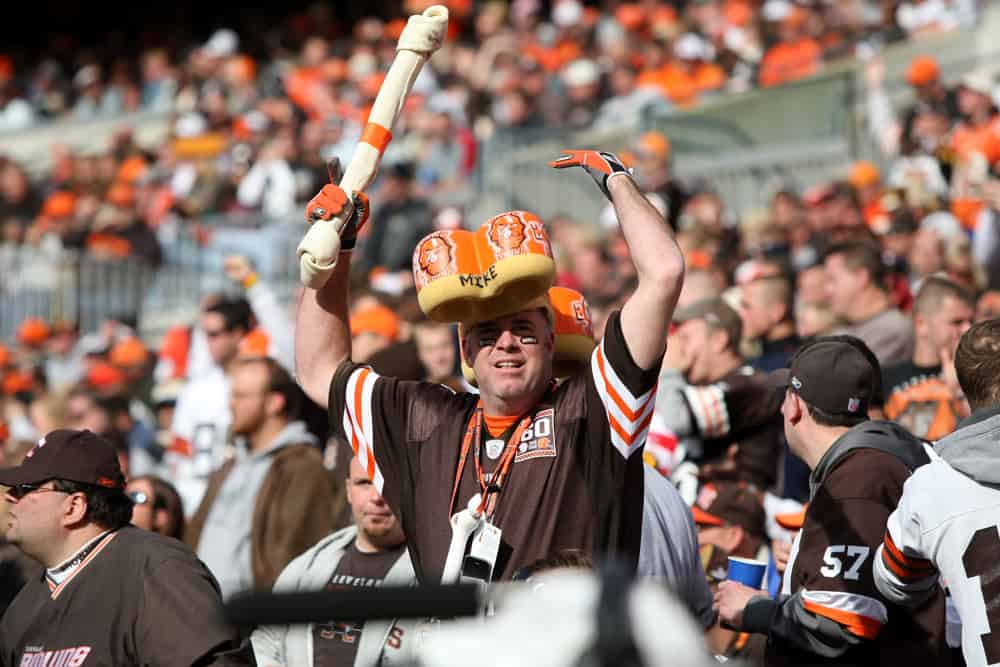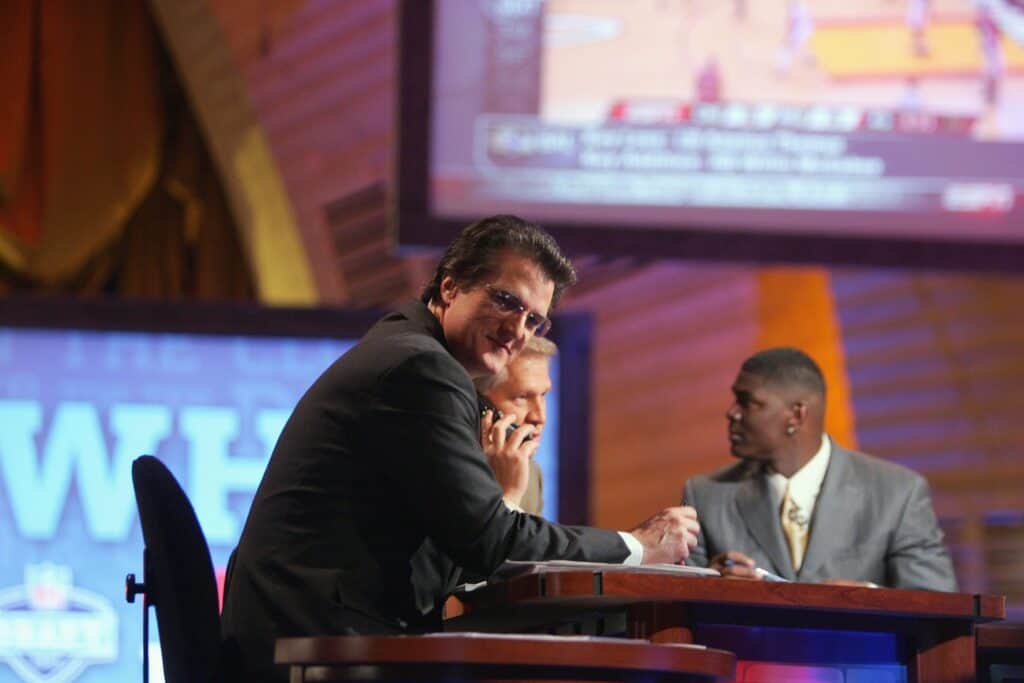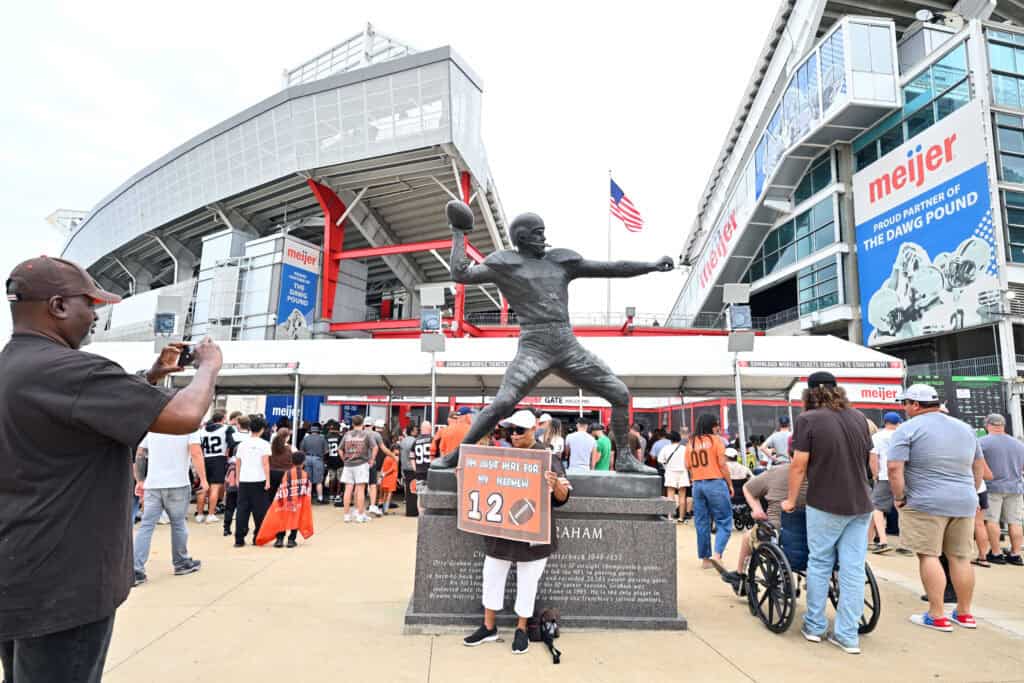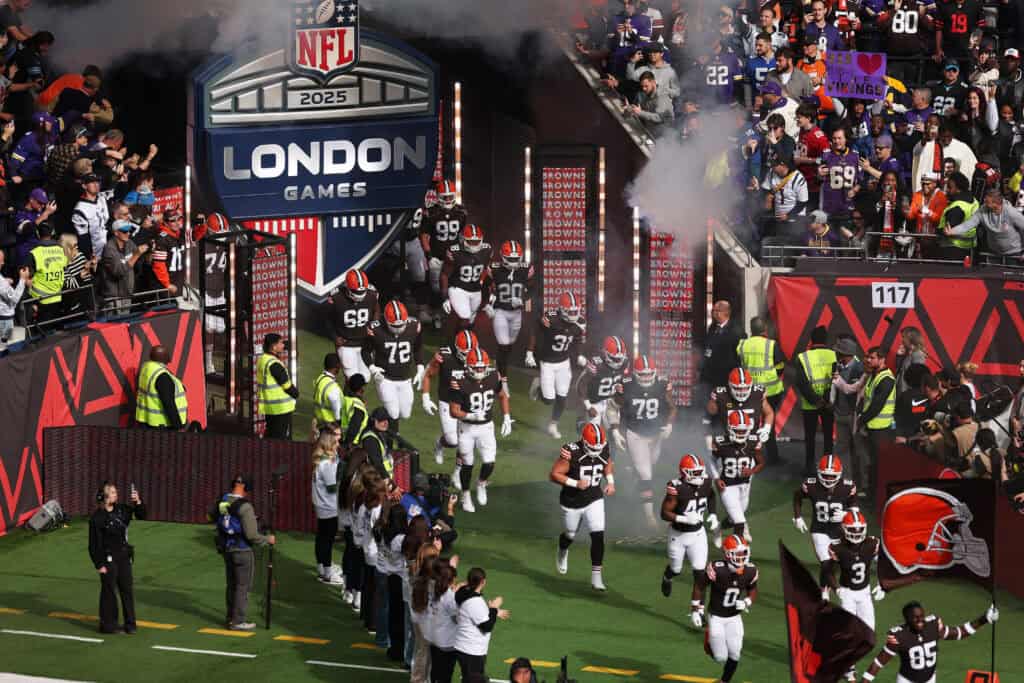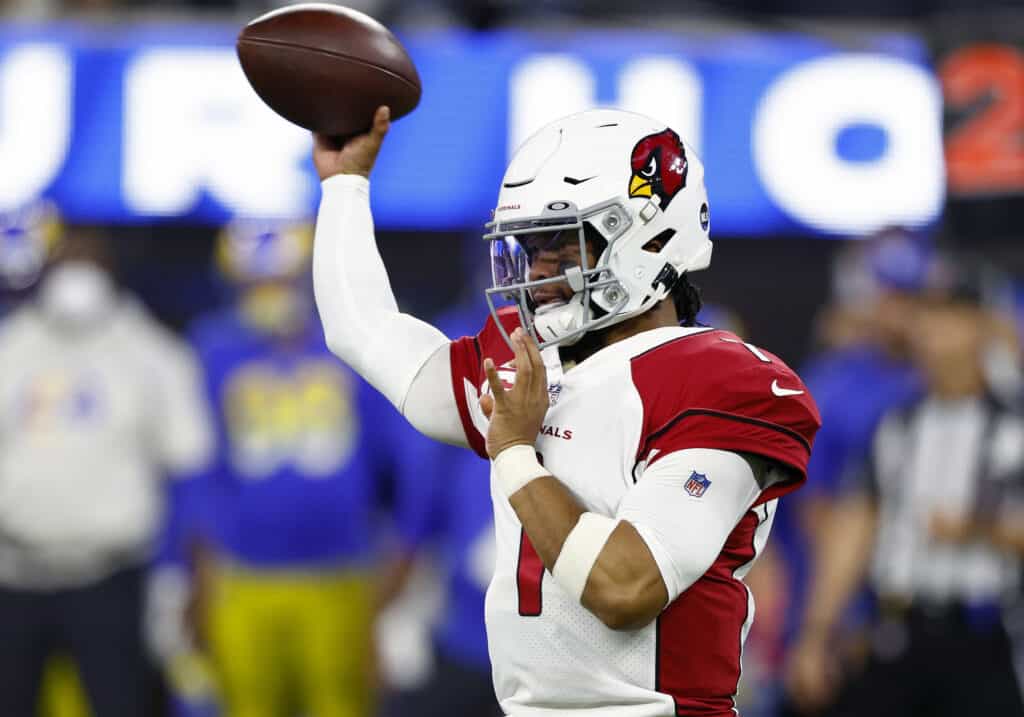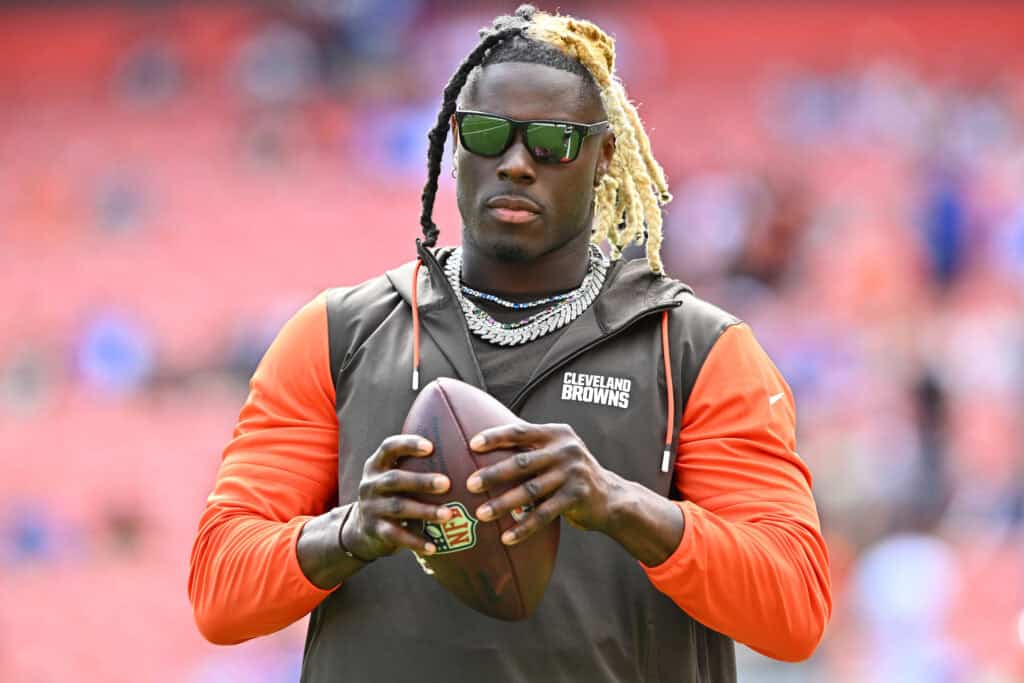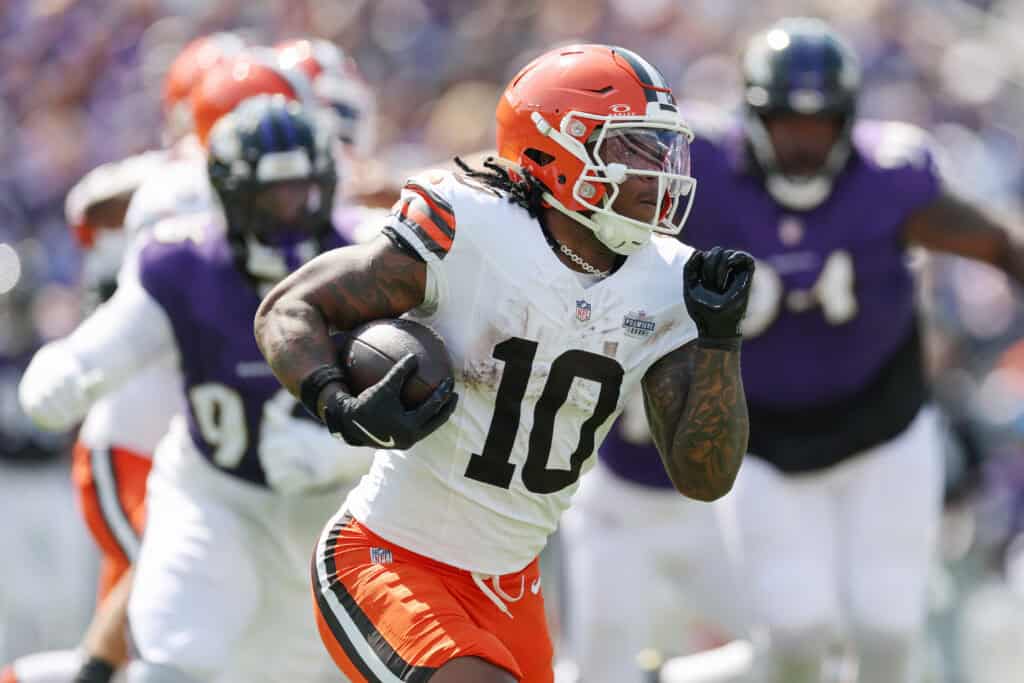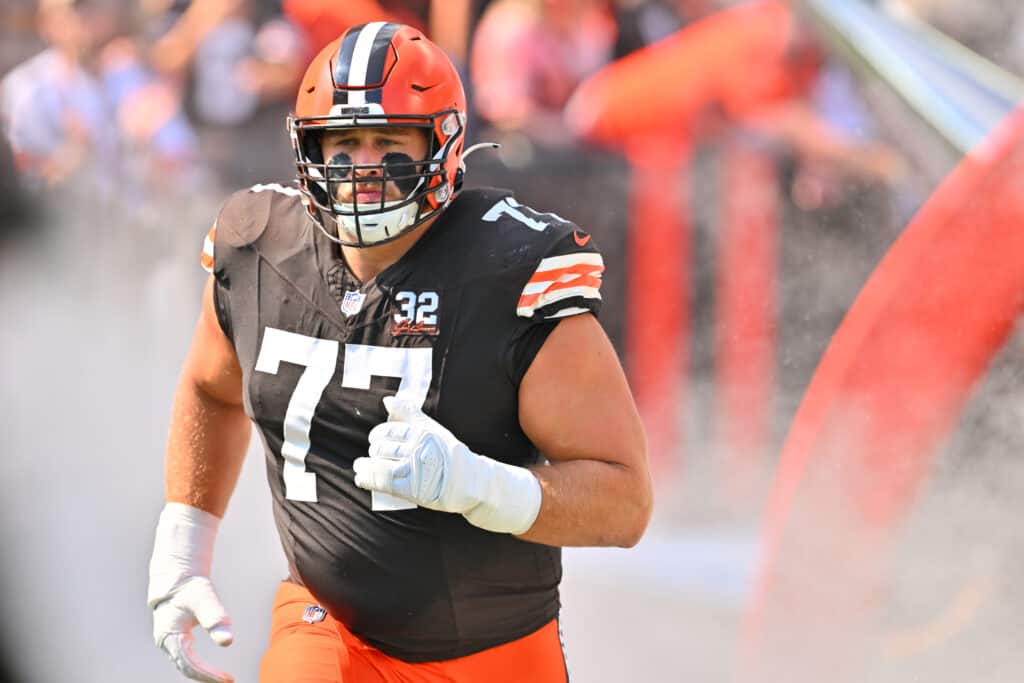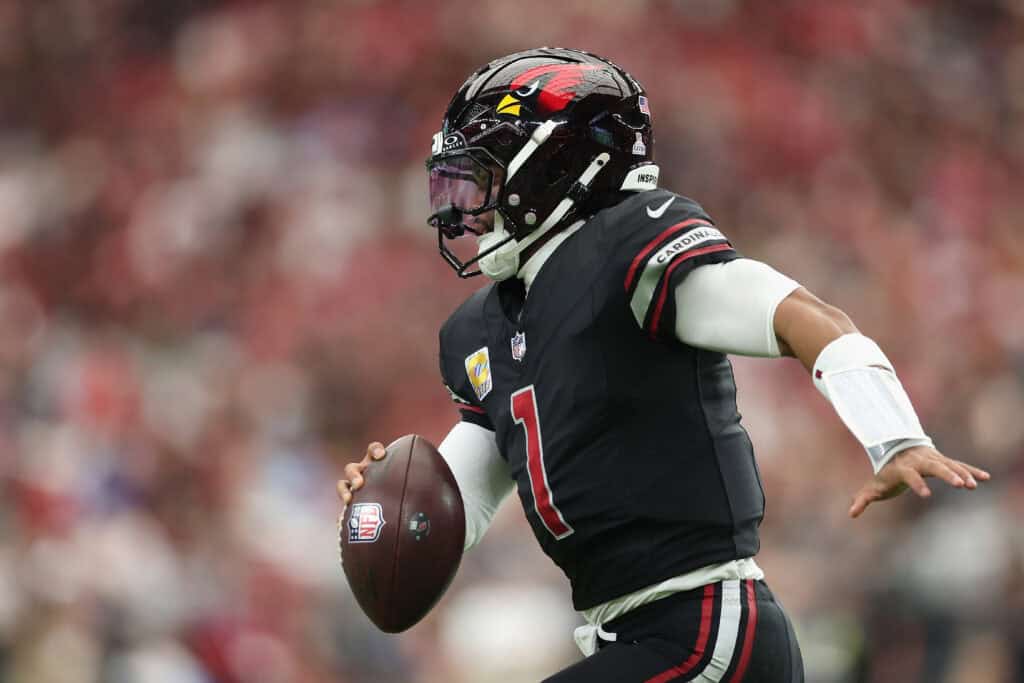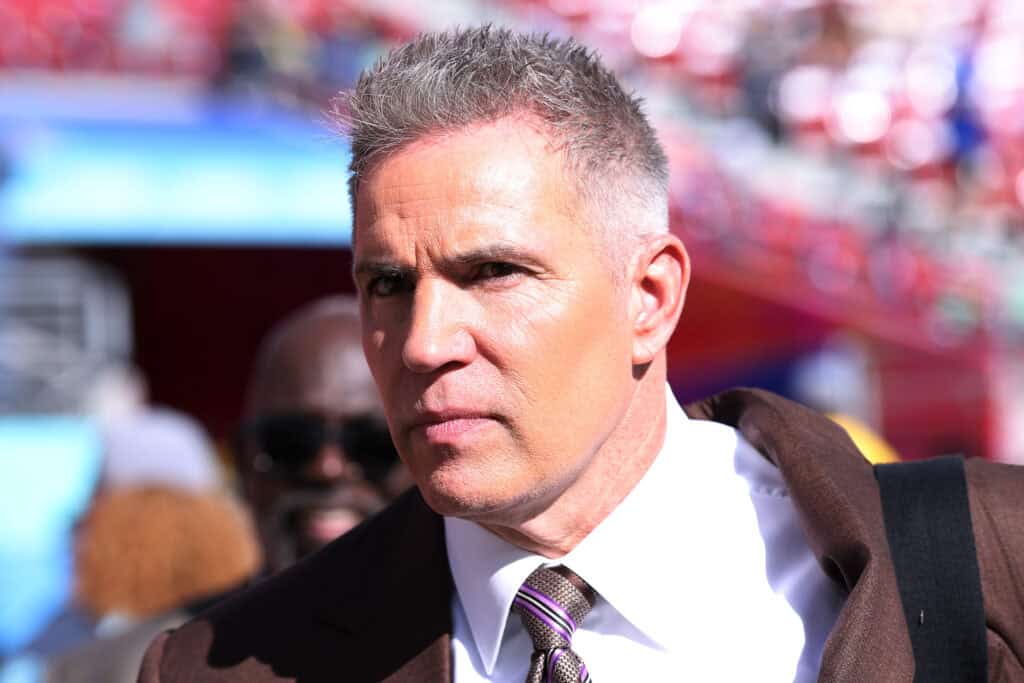Yesterday marked the 18 year anniversary of the “Bottlegate” incident with the Cleveland Browns.
While older fans know exactly how this infamous day went down, many of our younger readers may not.
Let’s take a look back at one of the most controversial incidents in NFL history.
The Story of Cleveland Browns Bottlegate
This took place on week 14 of the 2001-2002 NFL season.
The Browns, with a 6-6 record, were desperately trying to keep playoff aspirations alive.
It was just their third season back in the league after the previous regime bolted to Baltimore.
The Jacksonville Jaguars, just 5-7 and already out of playoff contention, came into Cleveland looking to play spoiler.
It was a cold, blustery day that had both offenses struggling to move the football.
The Browns lone touchdown heading into the fourth quarter came off an interception return for a touchdown.
Down 15-10 with under three minutes remaining, quarterback Tim Couch and company took the field.
With just over a minute left, the Browns had moved the ball deep into Jaguars territory.
They faced a 4th and 2 from the Jaguars 12 yard line.
Needing a touchdown, they looked to wide receiver Quincy Morgan to convert.
Couch found Morgan across the middle for a short gain and a first down.
Morgan appeared to bobble the catch, however, it was ruled a completion.
Couch hustled his offense to the line and spiked the ball, stopping the clock and bringing up second down.
No timeouts were called before the spike.
Head official Terry McAulay gathered his crew to talk.
He then announced to the crowd that they would be reviewing the 4th down completion, after the Browns had already run another play.
Then, this happened.
A date which will live in infamy.
Happy anniversary!
— Bottlegate (@Bottlegate) December 16, 2019
As we know, once another play is ran, a previous play can no longer be reviewed.
However, McAulay stated that review had “buzzed” in before Couch spiked the ball, allowing for a replay review.
The Fans Go Crazy
Once the decision was made, all hell broke loose.
Fans from the Dawg Pound, and the entire stadium for that matter, let any object they could find fly down to the field.
Referees and players were pelted with plastic beer bottles and other debris.
Good Morning, today is the 18th anniversary of Bottlegate! pic.twitter.com/uGramd9nxx
— John (Sad Browns Fan) (@JohnHillbery) December 16, 2019
The officials had completely lost control of the situation.
As Brent Jones indicated on the broadcast, the officials failed to properly communicate with the crowd what exactly was going on.
Browns head coach Butch Davis was irate on the sideline and demanded an explanation.
Why were they allowed to go back and review?
If the replay crew really did “buzz” in, why allow the Browns to run another play and spike the football?
As mentioned earlier, playoff hopes were on the line for Cleveland in this game.
Once the chucking of beer began, there was no stopping the Browns fans.
McAulay called the game off before the Jaguars offense could take the field and take a knee.
Players, coaches, and officials continued to be hit with debris as they sprinted into the locker room.
Then commissioner Paul Tagliabue called the officiating crew and told them they were not allowed to end the game early.
So, after over 20 minutes had elapsed since players left the field, everyone was called back out.
The Jaguars would eventually take their kneel downs and secure the 15-10 win.
This moment continues to live on as one of the most infamous days in Cleveland Browns history, forever referred to as “Bottlegate”.
“Bottlegate” continues to have an impact in today’s NFL.
The 2018-2019 NFC Championship controversy with the New Orleans Saints cited “Bottlegate” in a following lawsuit filed by the Saints.
Zack Meisel pieced together an oral history of the event for Cleveland.com back in 2014.
A quote from former Browns wide receiver Andre King, who played in that game, tells it all.
“This thing was butchered from the get-go”.
No play had ever been reviewed after another play was ran in NFL history to that point in time.
It has not happened again since.
McAulay continued to officiate until he retired following the 2017-2018 NFL season.
NEXT: Inside the Numbers: A Look At The Browns Decade Of Losing